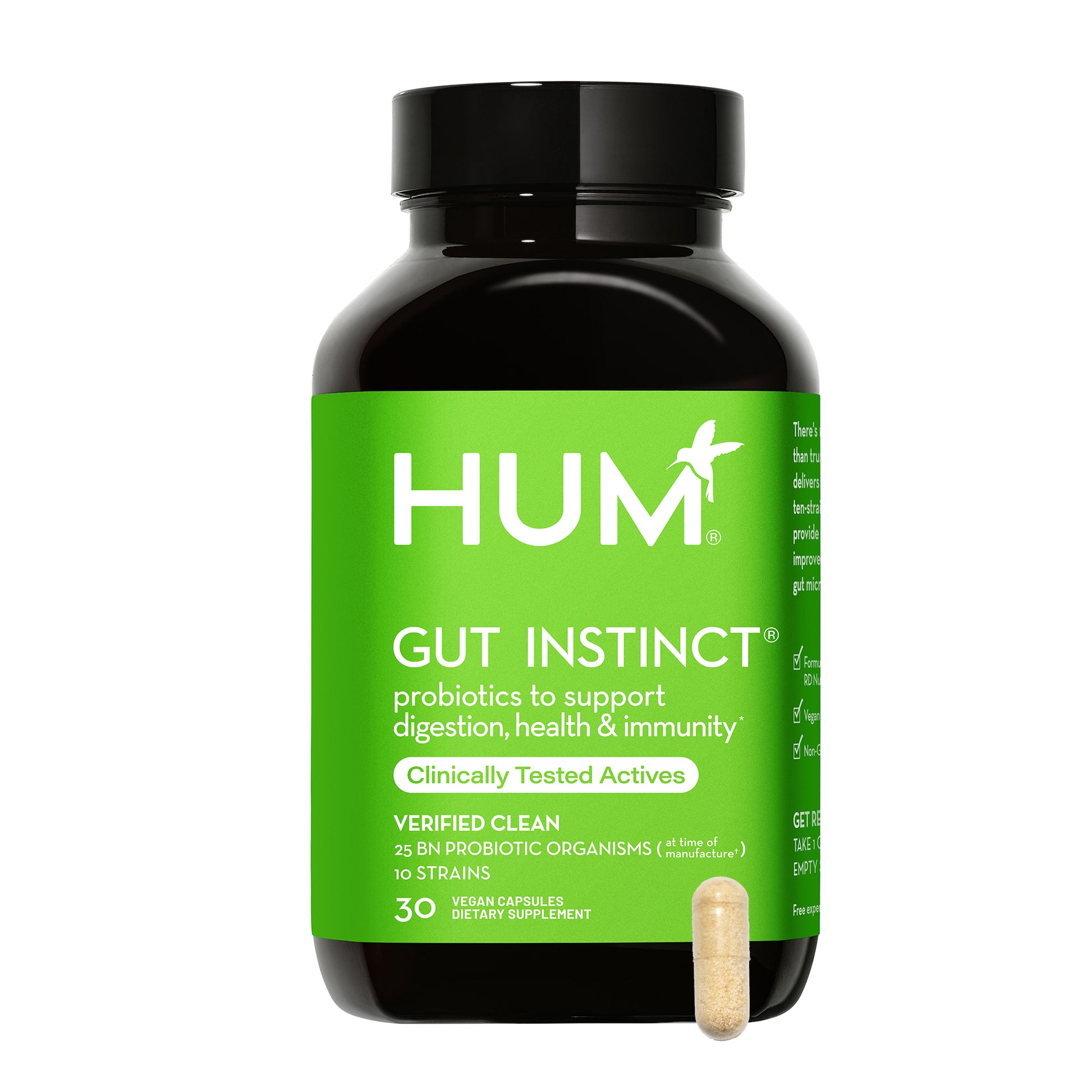Discover the Secret to Digestion and Immunity With Gut Wellness Assistance

Recognizing Gut Wellness
Understanding digestive tract wellness is critical for general well-being, as it plays a considerable role in digestion, immunity, and even mental health and wellness. The digestive tract, making up the stomach tract, is accountable for breaking down food, absorbing nutrients, and removing waste. A balanced digestive tract environment guarantees effective food digestion, permitting the body to utilize nutrients successfully.
Moreover, gut health dramatically impacts the immune system. The digestive tract houses a significant part of the body's immune cells, and a healthy and balanced gut can help ward off microorganisms and minimize swelling. Disturbances in gut health can result in an overactive immune action, possibly adding to autoimmune conditions and allergic reactions.
Additionally, the intestine is typically described as the "second mind" as a result of the gut-brain axis, a complex interaction network connecting the brain and the gut. This connection influences mood, cognition, and emotional well-being. Issues such as dysbiosis, defined by an inequality in intestine microorganisms, have actually been connected with mental health conditions, including anxiety and clinical depression.
The Intestine Microbiome Explained

The gut microbiome, a varied area of microbes living in the intestinal tract, plays a crucial duty in preserving digestion wellness and general well-being. Consisting of trillions of germs, viruses, fungis, and other microbes, this facility environment aids in the food digestion of food, the synthesis of vital nutrients, and the regulation of metabolic procedures.
Each person's gut microbiome is one-of-a-kind, influenced by variables such as diet plan, way of living, genes, and environmental direct exposures. A balanced microbiome sustains optimal food digestion by breaking down complicated carbohydrates, creating short-chain fatty acids, and promoting the absorption of nutrients. Conversely, an inequality, typically described as dysbiosis, can cause digestive conditions, consisting of irritable digestive tract disorder (IBS) and inflammatory digestive tract illness (IBD)
Study has shown that a diverse microbiome is related to better health end results, underscoring the value of nutritional choices in nurturing these microbes. Foods rich in fiber, probiotics, and prebiotics, such as fruits, veggies, and fermented items, can advertise a healthy microbiome. Comprehending the intestine microbiome is essential for creating targeted interventions focused on enhancing digestive system health and avoiding intestinal conditions.

Link Between Digestion and Resistance
A robust link exists between food digestion and immunity, highlighting the essential duty of the gut in keeping overall health and wellness. The gastrointestinal tract is home to trillions of microbes that form the digestive tract microbiome, which dramatically influences both immune feedbacks and digestive system processes. This facility environment aids in breaking down food, taking in nutrients, and giving important metabolites that sustain immune feature.
When food digestion is reliable, the gut barrier stays undamaged, protecting against hazardous microorganisms from going into the bloodstream (gut health supplement). On the other hand, inadequate food digestion can lead to an imbalance in the microbiome, leading to dysbiosis, which has been linked to numerous health issues, including autoimmune diseases and inflammatory conditions. Around 70% of the immune system stays in the gut-associated lymphoid cells (GALT), which interacts closely with the gut microbiome. This interaction makes certain that the body immune system can successfully identify between dangerous and helpful compounds.
Tips for Sustaining Digestive Tract Health
Sustaining gut wellness is crucial for internet maintaining both digestion effectiveness and a well-functioning immune system. To promote optimal digestive tract wellness, think about including several sensible methods into your everyday regimen.
First, prioritize hydration. Consuming alcohol adequate water sustains food digestion and helps keep the mucosal lining of the intestines. In addition, regular exercise can boost gut motility and advertise a diverse microbiome.
Conscious eating practices are also crucial. Chewing food completely and eating gradually can aid digestion and stop over-eating, which may worry the digestive tract. Managing tension through techniques such as meditation, yoga, or deep-breathing exercises can positively influence gut health and wellness, as anxiety is understood to interfere with digestive system processes.
Integrating prebiotics and probiotics my response right into your program is one more effective method. While particular foods will be discussed later, understanding the importance of these components is crucial. Prebiotics function as food for valuable intestine germs, while probiotics present online advantageous organisms.
Lastly, prevent extreme use prescription antibiotics, as they can disrupt the equilibrium of intestine plants. By following these pointers, you can dramatically add to the maintenance of a healthy intestine, which is necessary for general health and vigor.
Foods That Promote Intestine Health

Fermented foods, such as yogurt, sauerkraut, kefir, and kimchi, are abundant in probiotics, which are helpful germs that support gut vegetations and enhance digestion. These foods can help recover equilibrium in the digestive tract, especially after antibiotic use or digestive system disruptions.
Along with fermented alternatives, prebiotic foods, such as garlic, onions, asparagus, and bananas, offer as nutrition for these probiotics, advertising their development and activity. These soluble fibers sustain digestive tract mobility and can relieve concerns like bowel irregularity.
Additionally, incorporating high-fiber foods, consisting of whole grains, legumes, veggies, and fruits, is crucial for keeping a healthy and balanced intestine. Fiber aids in normal defecation and helps prevent digestive system conditions.
Last visit homepage but not least, omega-3 fatty acids located in fatty fish, flaxseeds, and walnuts have anti-inflammatory homes that can further sustain gut wellness. Emphasizing these foods in your diet plan can bring about a robust digestion system and enhanced immune function.
Verdict
In conclusion, focusing on gut health and wellness is crucial for optimizing digestion and boosting resistance. A balanced digestive tract microbiome, affected by nutritional choices and way of life aspects, plays a crucial function in nutrient absorption and swelling decrease. Including fermented foods, prebiotics, and high-fiber options, together with correct hydration and tension administration, can dramatically advertise intestine wellness. By adopting these techniques, individuals can sustain total health and vitality, unlocking the potential benefits of a well-functioning gastrointestinal system.
Understanding digestive tract health and wellness is important for total health, as it plays a considerable function in food digestion, resistance, and even mental health. The gut houses a substantial section of the body's immune cells, and a healthy and balanced gut can aid fend off virus and reduce swelling.Furthermore, the digestive tract is usually referred to as the "second mind" due to the gut-brain axis, a complicated interaction network linking the mind and the digestive tract.A robust link exists between digestion and immunity, highlighting the crucial function of the gut in maintaining general wellness.In conclusion, prioritizing gut wellness is vital for optimizing food digestion and improving immunity.